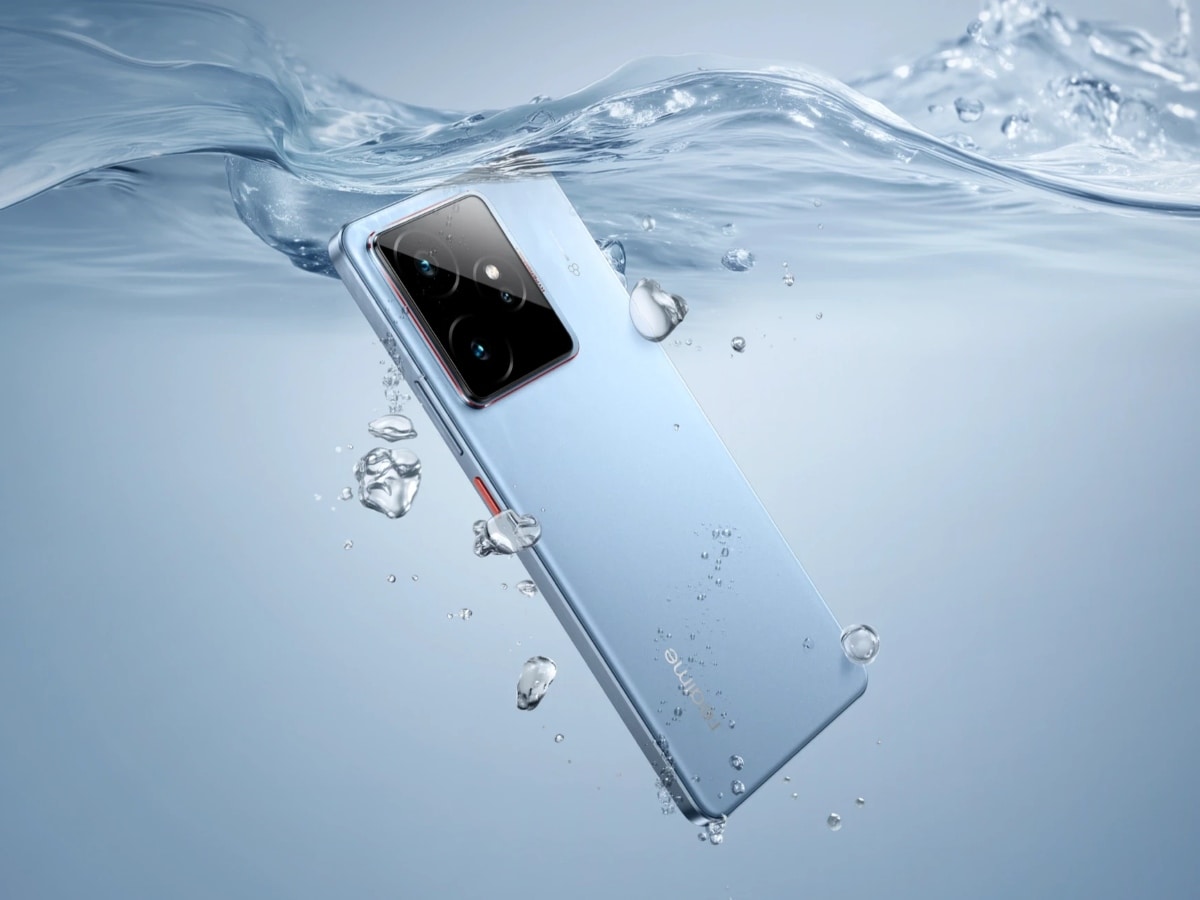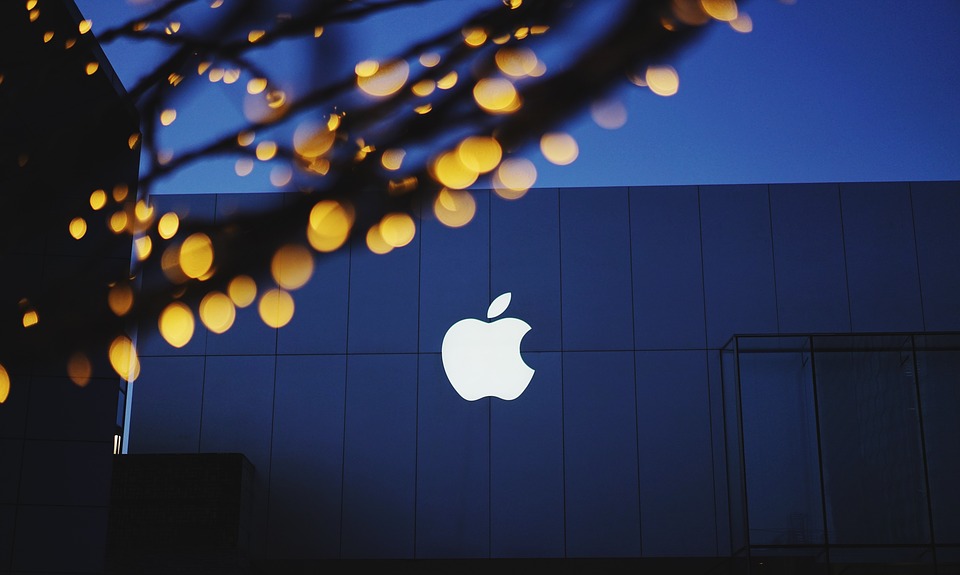Next, we evaluate general component speeds via two more tests, followed by a battery rundown benchmark. Geekbench 6 reports single-core and multi-core CPU performance across multiple simulated productivity scenarios. Then, to measure the GPU, we also run two tests from the cross-platform benchmark GFXBench 5, which stress low-level routines like texturing and high-level, game-like image rendering at 1080p and 1440p resolutions.
Finally, we measure battery life by looping a locally stored 720p video (the publicly available short film Tears of Steel) immediately after removing the power cord. We fully charge the laptop before the test begins, and view the video in full-screen mode with display brightness set to 50% and audio volume at 100%. Wi-Fi and Bluetooth are turned off.
As for overall silicon speeds, the CX14 made a decent but unremarkable showing, landing in about the same place as most of its rivals, only for the Galaxy Chromebook and Asus’ own CX34 outstripping it in the applicable tests shown.
The CX14 has a relatively small 42-watt-hour battery, and even with an efficient CPU and a low-power IPS display, the laptop only reached about 10.5 hours of battery life on our lightweight rundown test. Practically, you’ll likely get less than a full day’s workload. It’s not terrible, but it’s not all that impressive, either, relative to the pack.









